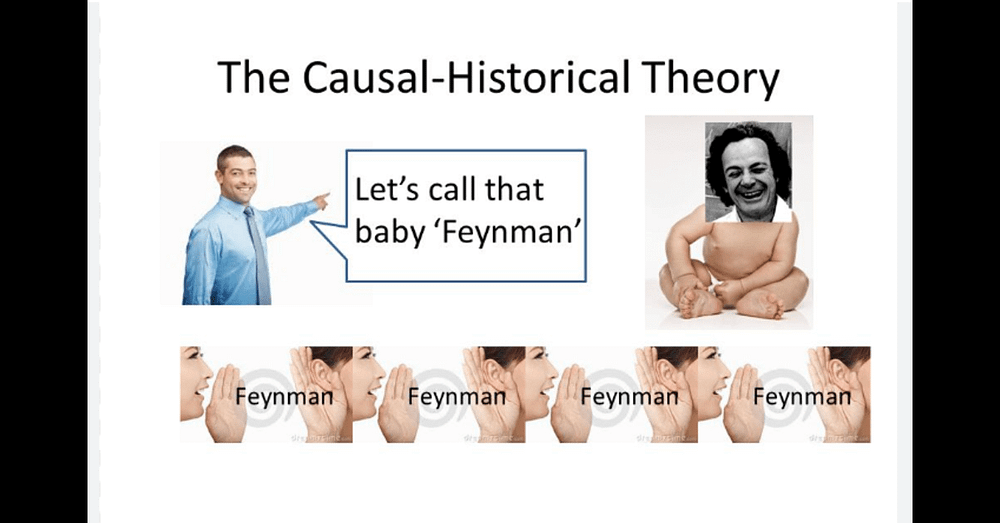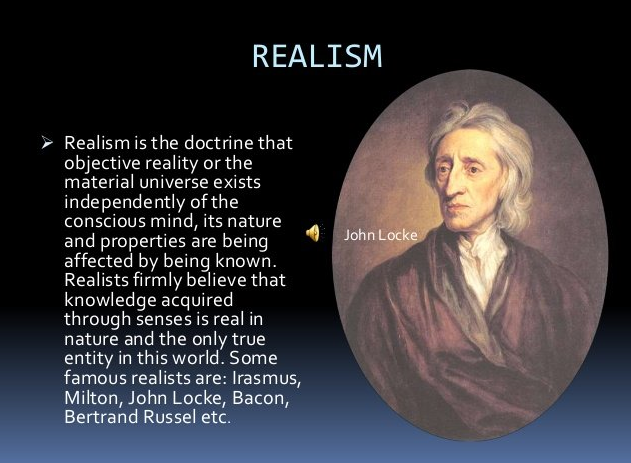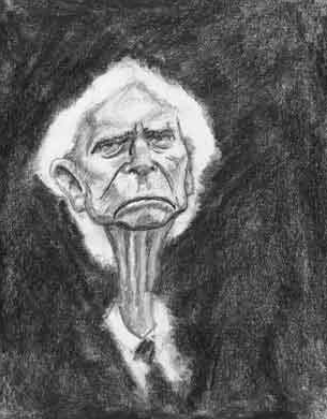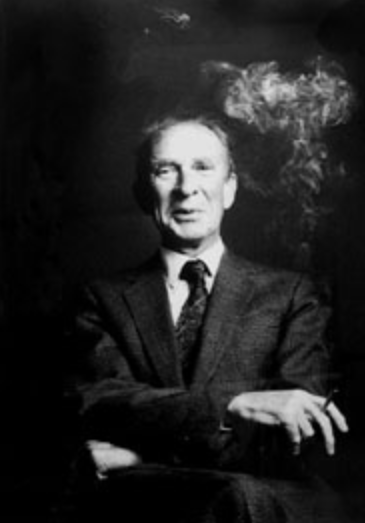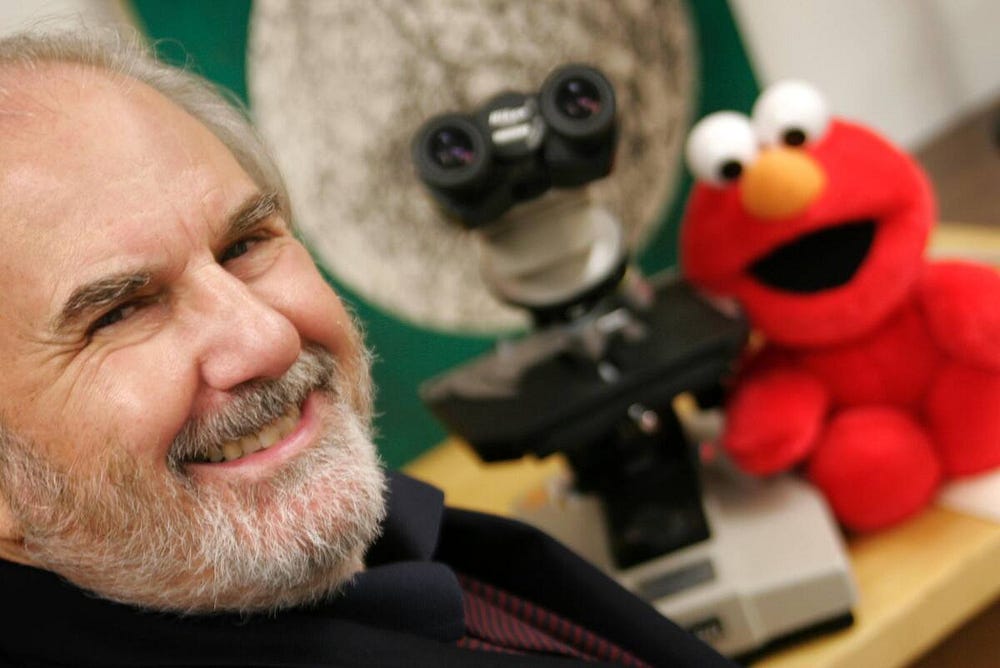What, exactly, was so wrong with reason in the post-Enlightenment era?
It can easily be forgotten (especially by postmodernists) that rationalism was - among other things - a rejection of both tradition and authority. However, perhaps it was indeed the case that many rationalists merely wanted to replace such examples of power and authority with their own power and authority. In that case, rationalists would run the new authorities and the new traditions in a rationalist manner.
But both Descartes and Kant later believed that the mind had been held in tutelage by philosophical tradition and religious authority. That’s why Descartes retreated to the silence and loneliness of his private room to analyse his private mind. He wanted to clear his mind of the fluff and nonsense that emanated from the philosophical tradition and the various secular and religious authorities. He wanted to discover the a priori nature of the mind as it is in itself. As it was before it was encumbered with useless information and unsound philosophical theories. He asked himself this:
What is the mind like, and what can it do, when it is stripped bare of all these external excrescences?
Had the/his mind been led up numerous wrong paths simply because it put its faith in tradition and authority? How would it work, what would it think, and how would it reason if it were not only free of tradition and authority; but also free of the lies that the external world tells it?
So if the philosopher truly “stands alone intellectually”, what prizes would he find that hadn't been found before? Not only that: in such a state of philosophical, and perhaps social, isolation, perhaps the individualistic philosopher could discover the true workings of reason. And only after such a discovery could he make “proper use” of reason.
Here were possible solutions to all those Scholastic perennial philosophical problems and also answers to all those unsolved questions. The solution, in part, was to “overcome the tradition” and start afresh. To begin with utterly new foundations that were themselves the result of the purification of the mind of its weighty - though ultimately useless/ pointless - baggage.
Though why should the mind or reason be perfectly attuned to getting such pure and unadulterated knowledge?
Why should the ability to acquire knowledge be presumed to be built into our brains and minds?
Perhaps we don’t need knowledge of this epistemological variety in order to survive. Perhaps we have permanently hard-wired limitations to what we can truly know. Perhaps the essentials of the mind-brain were not built for context-free knowledge; but for survival and the propagation of the human species.
The world’s “true nature” may be forever beyond us. Or perhaps we're wrong to think in terms of the world’s “true nature” in the first place. The world may have many natures each cognised by different human beings in different ways and by different species in different ways. The “cognitive All” may only be available to God himself. And even then it may make little sense to think in such terms.
And wasn’t all this why Descartes’ own mind attempted to effectively play God way back in the 17th century? To Descartes and other rationalists, our reason is essentially God within us. It was His gift to us. We should, therefore, use it wisely and correctly. And, according to Descartes, the way to do that was to dispense with tradition and authority when it comes to philosophising – that is, to the utilisation of reason.
So through reason we contacted God and His works. Or, in certain extreme cases of rationalism, we become God (or at least gods). The pure a priori workings of reason and the mind were necessary and fundamental. The contents of mind or reason, on the other hand, was purely contingent and in many respects quite arbitrary. What we truly need is what God gave us at birth. Not what the world thought fit to give us throughout our lives.
Like Plato and the Platonists, we were going back to the beginning – to arché. Or, in the colloquial, we must get back to the basics of the mind or reason. That is, what is always there and always has been there within the mind; despite its tempestuous relations with the external world.






